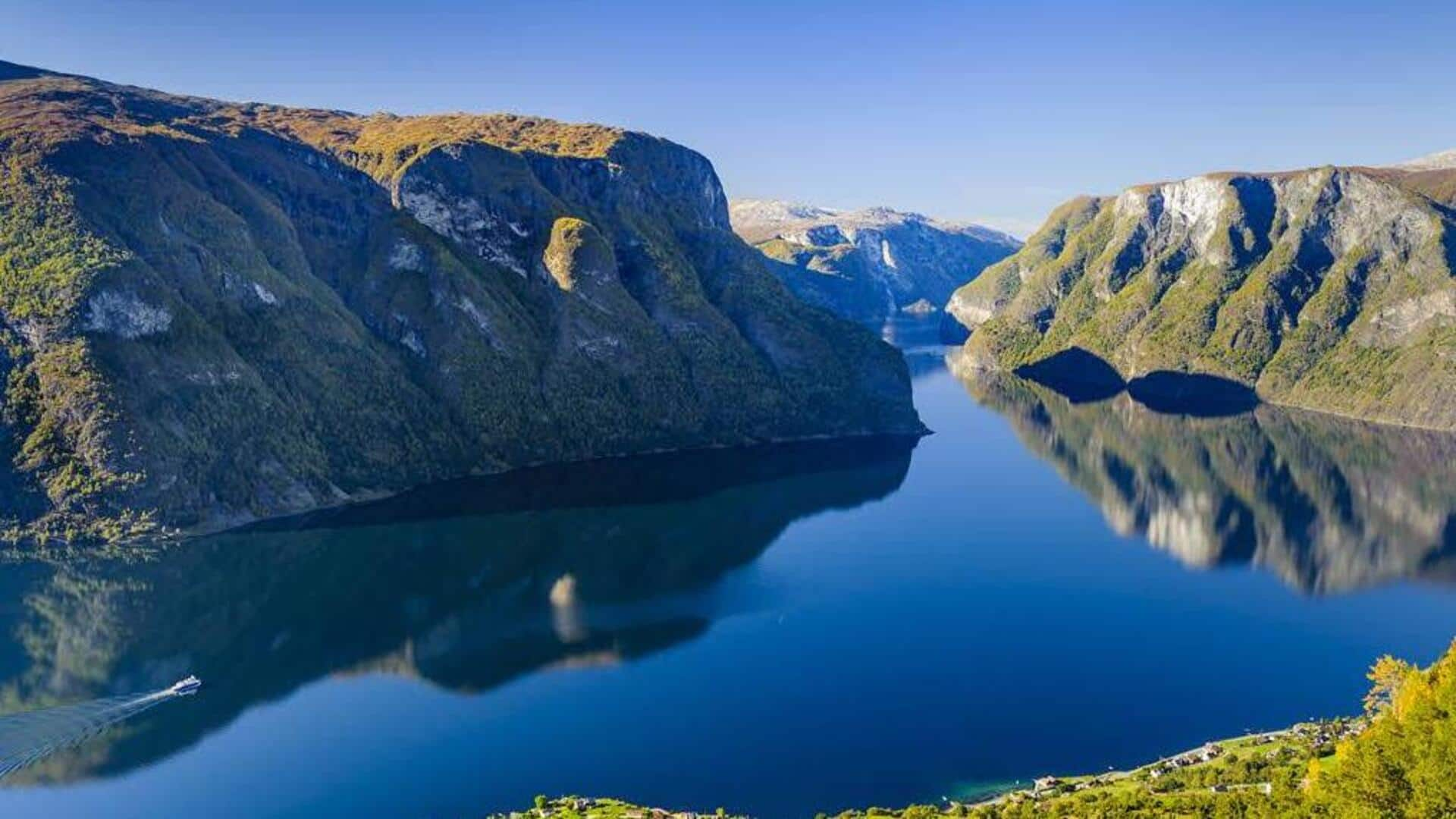Forty thousand years too late, Neanderthals are finally getting a chance to stand erectus and take a bow. Apparently, our unibrowed cousins weren’t dumb jerks like your brother-in-law, dragging their hairy knuckles across the den. Not at all.
According to “Kindred” (2020), a fascinating book by archaeologist Rebecca Wragg Sykes, Neanderthals used tools, made clothes and may have told stories and honored their dead. “They were state-of-the-art humans,” Sykes writes, “just of a different sort.” In the 19th century, it felt easy to look down on these genetic neighbors of a different sort.

After all, as the result of prehistory’s greatest mano-a-mano ish battle, we won the deed to planet Earth. But in the early 21st century, Homo sapiens have lost their swagger. For all the wonders of modern culture – driverless cars, CRISPR, Taylor Swift – many of us fear we’re on the cusp of burning ourselves up.
Courtesy of Scribner “Creation Lake” By Rachel Kushner Scribner. 407 pages. $29.
99 Could the humble Neanderthals, who still lurk in our DNA, hold the secret to a better life? For Rachel Kushner’s new novel, “Creation Lake,” that question is the woolly mammoth in the room. Since her 2008 debut, “Telex from Cuba,” Kushner has proved to be one of America’s most intellectually curious novelists, capable of interrogating radical political and cultural ideas in strikingly original plots. Her terrific 2013 novel, “The Flamethrowers,” roared through the world of avant-garde art.
And now, “Creation Lake” – longlisted for the Booker Prize – bears all the hallmarks of her inquisitive mind and creative daring. The first satisfying surprise is that Kushner has designed this story as a spy thriller laced with a killer dose of deadpan wit. The narrator, currently using the nom de guerre Sadie Smith, is an agent of chaos.
Fired from her job with U.S. intelligence, she’s now working for the highest bidder.
“It was a relief to be in the private sector,” she says, “where there are no supervising officers, no logbooks, and no rules.” She’s particularly proud of her large, fake breasts and her “banal and conventional” beauty, attributes handy for mesmerizing men without leaving any identifiable impressions. She specializes in infiltrating secretive groups presumed to be plotting acts of violence, and if those acts of violence aren’t forthcoming, she has a knack for inciting them.
The story, told in short chapters that feel punchy even when they’re highly cerebral, slides around the labyrinth of Sadie’s mind, which is equally deceptive and deceived. Her current mission, paid for by some anonymous sponsor, takes her to southwestern France, “a place I couldn’t care less about,” she notes with her typically cool disdain. Powerful agri-corporations are buying up land for corn – “corn, corn, and more corn” – pushing out small farmers and draining groundwater to create a “megabasin” that will irreparably alter the countryside.
Radical activists have already torched bulldozers and sabotaged pumping stations. Sadie’s assignment is to pose as a translator and infiltrate a group of “green” anarchists suspected of plotting a larger attack. Kushner inhabits the spy’s perspective with such eerie finesse that you feel how much fun she’s having.
Sadie can set up a miniature satellite router in an abandoned castle faster than you can say “Mission impossible.” Internally, she burns confidence like jet fuel, but she knows just how to appear ignorant and pliable. “You people are not real to me,” she thinks of her victims.
“No one is.” And in unguarded moments, her self-pity clangs comically against her arrogance, as when she announces, “I will remain forever childless, and in the meantime nurse only beer.” When she arrives on the scene, Sadie ingratiates herself with members of a commune devoted to resisting the influence of technology and market forces – which is French for a commune in which women do all the work and men natter on about Marxism.
Fans of Kushner’s earlier novels will recognize this well-informed critical strategy, her ability to satirize the absurdities and hypocrisies of revolutionary theorists without ceding any ground to the sterile forces of modern capitalism. If “Creation Lake” doesn’t have quite the same propulsive energy as Eleanor Catton’s environmental thriller “Birnam Wood” (2023), that’s only because Kushner is so continually lured into fascinating eddies of intellectual culture. The shores of this novel swell to include explorations of French politics and film and changing sexual mores.
But what about those prehistoric humanoids mentioned at the opening? To borrow a line of advice from Chekhov: If a Neanderthal is leaning against the cave wall in the first act, it must go off and club somebody in the second. Unsurprisingly, Kushner breaks that rule, but she’s up to something far more interesting. To really understand the alleged eco-terrorists whom Sadie is spying on, she continually intercepts and reads their electronic correspondence.
Of particular interest to her are messages from their spiritual leader, a shadowy “anti-civver” named Bruno Lacombe, part of the radical residue of the late 1960s. Older than other members of the commune and born into the horrors of World War II, Bruno regularly sends letters that his followers study like epistles from St. Paul.
At this late stage of human corruption, Bruno is convinced that market reforms and social adjustments are futile. “The proletariat was no longer capable of destroying capitalist society,” he writes. “The wedge between human beings and nature is far deeper than the wedge between factory owners and factory workers.
” To find true happiness, we must, instead, learn to live as the harmonious Neanderthals did. According to his wild speculation, the brooding nature of these primitive beings inspired them to create “abstract codes of great mystery and transcendent beauty.” This sense of art for art’s sake helped the Neanderthals resist the mindset of “greed and accumulation” that’s driving our modern race to self-destruction.
Bruno may never actually appear in the novel, but his letters – which are frequently quoted throughout “Creation Lake” – are one of Kushner’s cleverest inventions. Shattered by grief and endowed with a profound concern for our survival, Bruno has withdrawn for many years to live in a deep cave where he claims to hear the lowest and oldest frequencies of human civilization. But in that dank, subterranean setting, his insights are infected with spores of absurdity, too.
“The only option was to leave the world,” he writes, “cast off an entire manner of inhabiting reality.” Though sometimes moving and often based on actual archaeological evidence, Bruno’s pronouncements seem constantly at risk of slipping off into his loony romanticization of the Stone Age. Is Sadie’s attention to these letters merely professional surveillance, or is there in Bruno’s musings something that stirs her cold, little heart? Can a woman who’s starting to hear the distant sighs of the Neanderthals plot the destruction of modern-day idealists trying to save the ancient land? Elusive as Sadie remains, the real covert operative here is Kushner, who’s never felt more cunning than in this novel about the clashing ideological claims that have left us bereft at the end of time.
Bore through this noir posing and wry satire of radical politics, and you feel something vital and profound prowling around in the darkness beneath. We invite you to add your comments, and we encourage a thoughtful, open and lively exchange of ideas and information on this website. By joining the conversation, you are agreeing to our commenting policy and terms of use .
You can also read our FAQs . You can modify your screen name here . Readers may now see a Top Comments tab, which is an experimental software feature to detect and highlight comments that demonstrate compassion, reasoning, personal stories and curiosity, and encourage and promote civil discourse.
Please sign into your Press Herald account to participate in conversations below. If you do not have an account, you can register or subscribe . Questions? Please see our FAQs .
Your commenting screen name has been updated. Send questions/comments to the editors. « Previous.



















